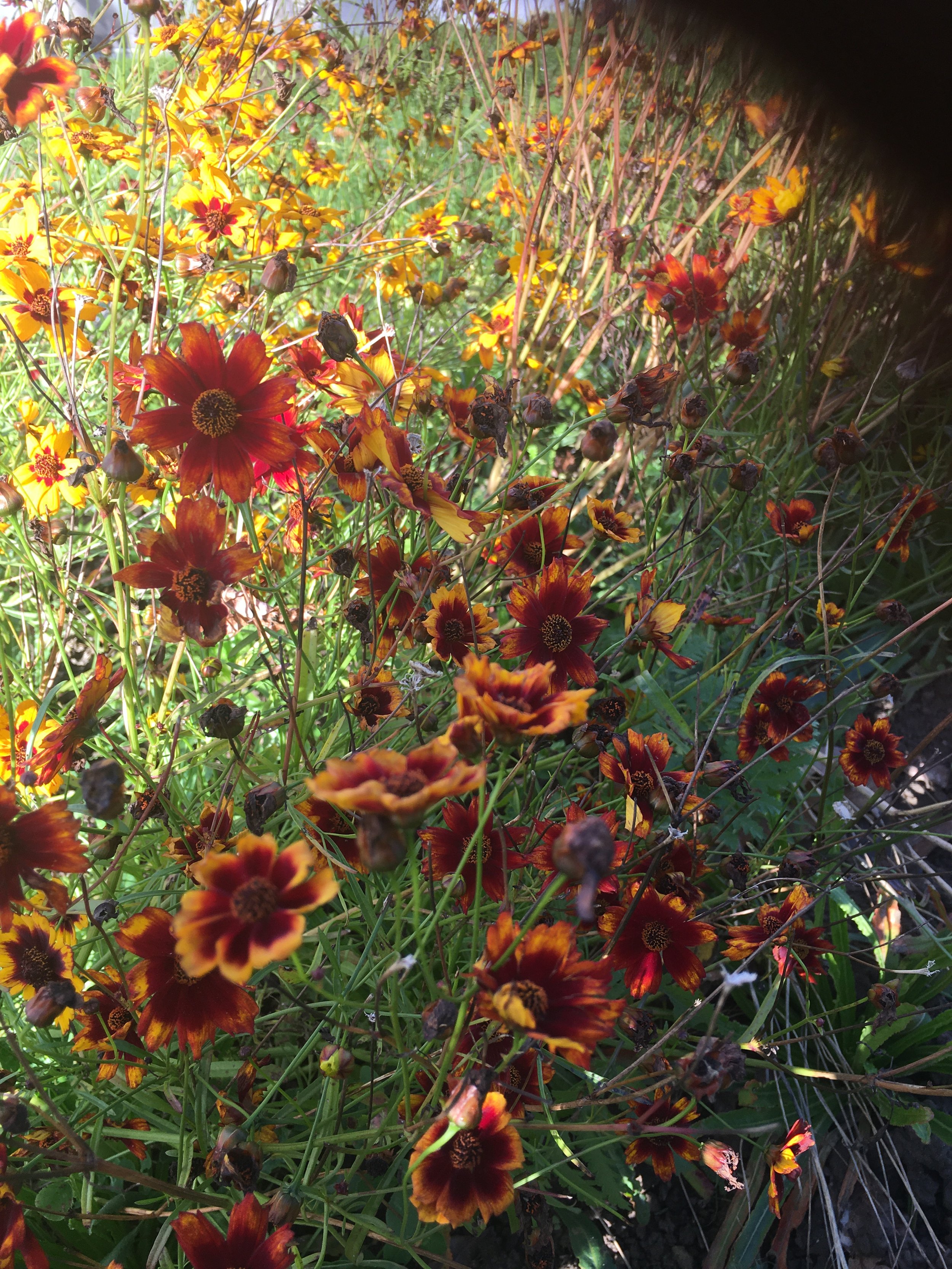Past Projects
-

The Farming Fashion Podcast
Farming Fashion was a 3 part podcast series exploring regenerative fibres and fashion jointly produced by South East and South West England Fibresheds together with Farmerama Radio. The series included interviews with farmers, growers, processors, designers and industry experts speaking to the opportunities and challenges of regenerative farming for fashion.
Episode 1 of Farming Fashion takes you out into the fields to hear the voices of regenerative farmers pioneering the movement in agroecological fibre. The conversations demonstrate that farming in this way has the power to heal the land, to nourish communities and contribute to diversified regional economies. They are both proof and inspiration that farming and fashion can and should be intimately connected; the disparate nature of current systems can be challenged and superseded by regenerative techniques.
Episode 2 of Farming Fashion is focused on fibre processing; the bridge between the farm field and the design studio, it is the connecting part crucial to the success of their relationship. In this episode you get into crucial details around scale, quality and efficiency of outcome. You hear from the people taking on the hard graft of rejuvenating a dormant industry whose equipment and technologies need radical thinking to be reapplied in a modern context. These are perspectives from mill owners and emergent processors integral to the transformation from the farmer’s plant crop or animal fleece to the usable fibre for any designer.
Episode 3 of Farming Fashion lets you hear perspectives from designers and makers who are challenging the conventions of their industry to move towards truly ‘soil-to-soil’ textiles. The linear trajectory common in current fashion production is upended here as the speakers demonstrate that an understanding of farming and processing practices must be embedded in designs from the beginning. The way we design, dye and make must alter to harmonise with the rhythms of the land and the people that work them. Moving towards a cyclical and interconnected process.
-

Phoebe English Collaboration
Culminating in an exhibition at the British Library in September 2021, entitled ‘Here: An Alternative Route’, designer Phoebe English presented the research and development of a collection sourced and made with ‘less extractive’ fashion practices. The collaborative project with the British Fashion Council and British Library, facilitated Phoebe working with South East England Fibreshed to create a knitted wool jumper and hat from Romney Marsh sheep, biodynamically farmed at Plaw Hatch Farm in Sussex. Due to the current lack of processing facilities in the South East of England, the wool was sent to the Natural Fibre Company in Cornwall to create a knittable yarn. Deborah Barker, co-founder of the SEE Fibreshed and owner of Field & Folk natural dye company, used Indigo from Bailiwick Blue in Guernsey and weld from her own studio to give the wool a stunning chartreuse colour. It sat strikingly amongst the achromatic collection, commanding attention and debunking the misconception that we need synthetic dyes to achieve vibrancy and modernity.
Photo from Phoebe English website.
-

Farm Visits Sponsored by The Lissome
The Lissome is a non-profit organisation which facilitates collaborative conversation and exploration to envisage a regenerative future for fashion from a holistic and interdisciplinary mindset. Embedded in the organisation is attention to detail and attention to source and they release an annual publication which gives voice to projects and people working slowly towards meaningful change. In 2022, The Lissome chose to support South East England Fibreshed in providing land based experiential workshops for design students, to address the knowledge gap between the fashion and textile industries and regenerative farming. By visiting a biodynamic farm, treading the ground, smelling the compost heap, seeing the dye plants as part of the vegetable garden and meeting the flock of sheep as they exist in the larger organism of the farm, students were able to understand how the soil that sustains the pasture in turn feeds the sheep which grows wool to clothe us. An article on the project, Learnings from the Land, was published in The Lissome Magazine, Issue N°3, 2022. You can read more about the project here.
-

Growing Coreopsis at Brickpits Farm
Lynnie Hutchinson has been at Brickpits Farm for over twenty years, restoring the 110 acres and nurturing its biodiversity through regenerative practices. Lynnie has been working hard to make wool sales accessible for small-scale farms and championing the value of organic wool. South East England Fibreshed was privileged to partner with Lynnie in creating a pilot coreopsis dye plot in the corner of one of her barley fields. Coreopsis is a striking yet delicate flower; growing on tall, fine stems, the small flower heads are a vibrant yellow with a deep earthy red centre. It creates a range of dye colours depending on the pH during the dye process, from pale yellow to burnt orange. The coreopsis was sown in May 2021 over a small area using two different methods, to give an idea of how it might work on a scale of roughly 10 acres. The first harvest, done by hand, was in August of the same year. This pilot project gave the opportunity to discover how natural dye plants could work within an existing crop cycle, the labour of raising, harvesting and drying, and the potential for this dye crop compared to others in how usable it is for practitioners and designers.
